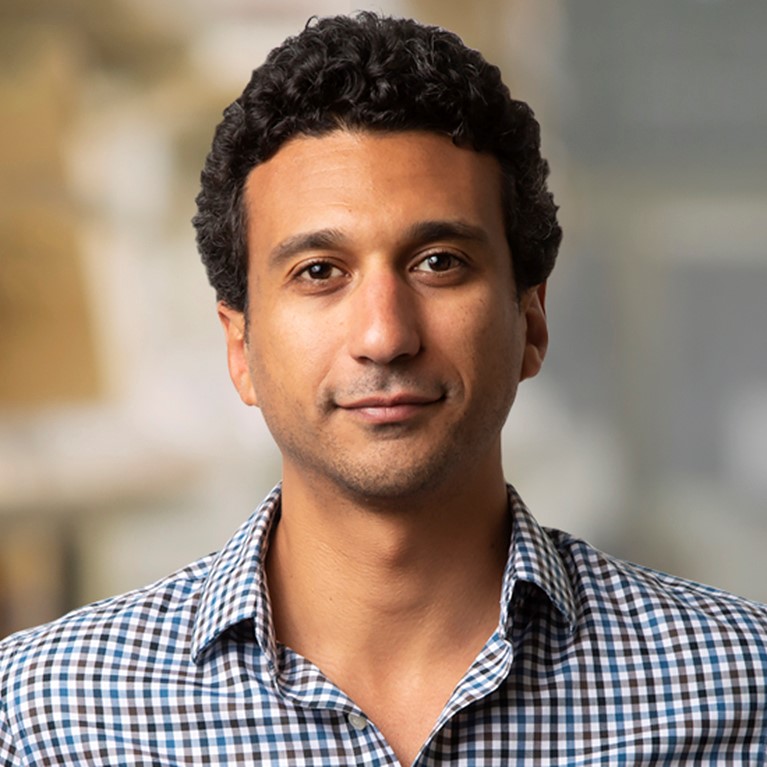Defining how social isolation, anxiety, and depression affect somatosensation.
Our interactions with the world are critically dependent on information we gain from somatosensation – the sense of our bodies. Somatosensory processing is dynamic. Under normal circumstances, an organism will interpret the sensation of a gentle breeze as innocuous, while the valence of an itch is negative. Yet, altered internal states can render a positive or neutral sensation aversive, in part by adjusting the strength of the incoming feedback information. On short timescales, this flexible adjustment of feedback can be advantageous, helping us adapt to changing conditions. Yet, when changes in sensitivity become chronic, the effects can be detrimental. For example, prolonged isolation leads to an aberrant increase in sensitivity to touch alongside deficits in mental health, increased depression and anxiety, and shorter lifespan. In the wake of the pandemic and the ensuing isolation, it is more important than ever to understand the mechanisms by which chronic changes in internal state affect our perception of the world.
Grant Recipients

Dr. Eiman Azim
Eiman Azim is an Associate Professor and the William Scandling Developmental Chair in the Molecular Neurobiology Laboratory at The Salk Institute for Biological Studies. Eiman explores how the brain controls movement of the body, focusing on dexterous behaviors, such as grasping a cup of coffee or catching a ball. These kinds of movements are central to our daily experience, and unfortunately, they are particularly susceptible to injury and disease of the nervous system. His laboratory takes advantage of cutting-edge genetic and viral tools, techniques for recording the activity of the brain and spinal cord, detailed motor behavioral tests, and computational approaches to piece together the underpinnings of skilled movements. This type of knowledge could clarify how the brain achieves such astounding coordination and pave the way for improved diagnosis and treatment when neural circuits are disrupted.
Eiman earned a B.S. in Biology and a B.A. in Philosophy of Science from Stanford and a Ph.D. in Neuroscience from Harvard before completing postdoctoral training at Columbia. Eiman is also an Assistant Adjunct Professor in Neurobiology at UC San Diego.
